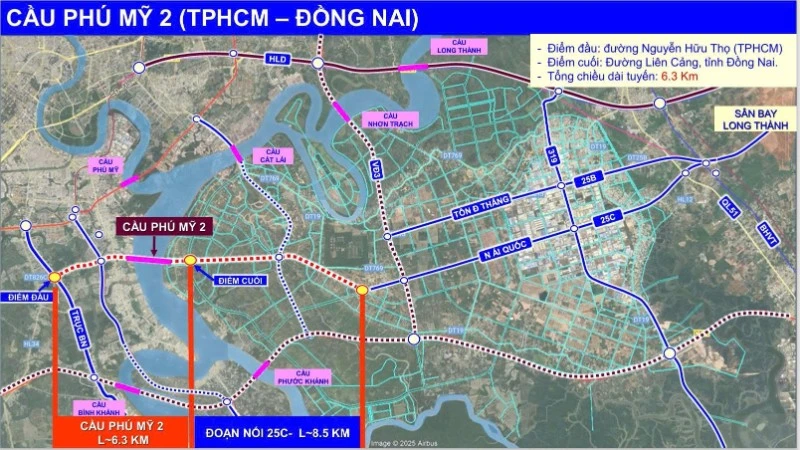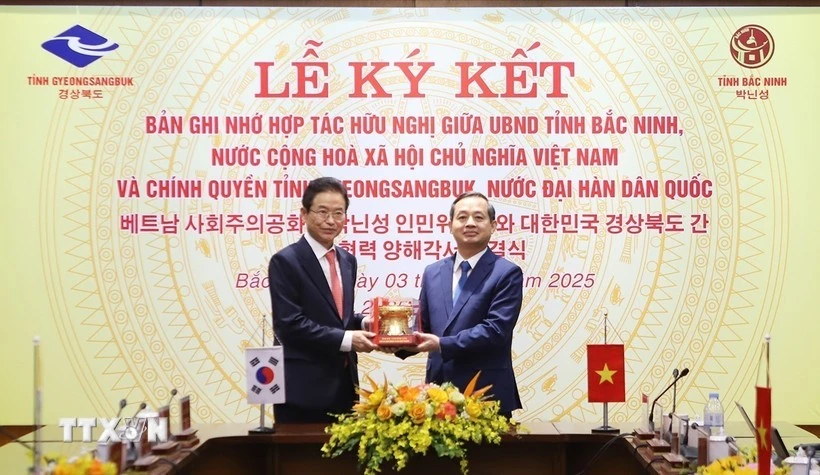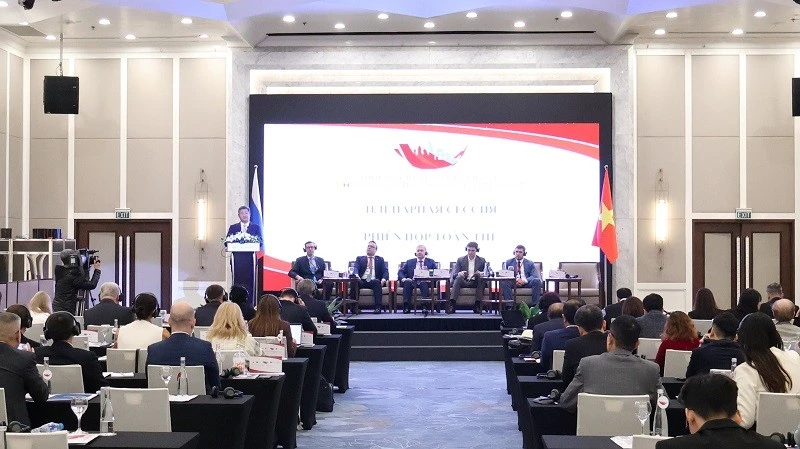With many breakthrough provisions, particularly in managing advertising in the digital environment and on cross-border platforms, the law not only removes bottlenecks and creates favourable conditions for businesses to grow but also better protects consumer rights, contributing to the development of a transparent, professional and healthy advertising market.
This amended Advertising Law was developed with three core objectives. First, it fully concretises the major orientations in Resolution No. 66-NQ/TW of the Politburo on renewing the formulation and enforcement of laws; Resolution No. 57-NQ/TW on science, technology, innovation and digital transformation; and Resolution No. 68-NQ/TW on private sector development.
These orientations have been translated into legal provisions, aimed at creating an open environment for advertising enterprises while effectively managing newly emerging types of advertising.
Another notable highlight is the completion of the legal framework to address shortcomings of the 2012 Advertising Law. In the context of the booming internet and cross-border platforms, the absence of regulatory provisions created a legal vacuum, making management difficult.
This amendment supplements specific regulations, ensuring that regulatory bodies have effective tools to deal with violations, thereby moving towards a transparent and fair market.
Alongside this, enhancing management effectiveness through decentralisation and delegation of authority is also a key pillar. The Law emphasises administrative reform and strengthens the responsibilities of local governments, thereby promoting initiative and flexibility in management, and improving the effectiveness of inspection and supervision. One of the most groundbreaking changes is the inclusion of provisions on online advertising.
Previously, platforms such as Facebook, YouTube and TikTok were not bound by domestic regulations, creating difficulties in handling violations. For the first time, the law establishes a legal basis requiring cross-border platforms to comply with Vietnamese law, in line with international practice and ensuring fairness for domestic enterprises.
At the same time, the law clearly defines the responsibilities of “advertisement transmitters”, including influential individuals (KOLs, KOCs). They must take responsibility for verifying product and service information before promoting it, and are not permitted to advertise without having experienced or thoroughly understood the product.
This is a necessary mechanism to limit false advertising, enhance the professionalism of this group, and strengthen consumer protection.
The transparency of information, stricter responsibilities, along with clear penalties for violations, will help prevent the misuse of cyberspace to disseminate false or exaggerated advertisements. In this way, consumer rights will be directly and more effectively protected.
Beyond cyberspace, the amended Advertising Law introduces many changes relating to the press, television and outdoor advertising.
A new point is the reduction and simplification of administrative procedures. Instead of pre-approval, many procedures are shifted to post-checks, helping reduce time and costs for businesses, while allowing regulatory bodies to focus resources on inspection and supervision. This is an important reform step, creating a more open business environment.
For television, the law provides greater flexibility in advertising ratios and duration, allowing broadcasters to balance revenue generation with programme quality. Regulations on advertising in films have also been specified with clear limits, ensuring that the viewing experience is not disrupted.
As for outdoor advertising, the regulations have been adjusted to better suit practical realities, strengthen the role of local authorities in management, and encourage the application of new technologies in design and operation. The amended Advertising Law is expected to bring about substantial transformation.
For consumers, it serves as a “shield” to protect their legitimate rights and interests, reducing the risk of exposure to false information.
For businesses, the law fosters a fair and transparent business environment, protecting those who comply with the law and strictly penalising fraudulent or unfair competitive practices. Particularly, with administrative reforms, businesses can save time and costs to focus on production and operations.
This is also a way of implementing the Party’s major policy of promoting private sector development, considering it an important driving force in the coming period.
For state management, the law provides strong legal tools to regulate advertising activities in the digital era, while clearly defining the roles of central and local authorities, making management more closely aligned with reality.
Towards a transparent and civilised advertising environment, with the new provisions outlined above, the amended Advertising Law not only addresses the shortcomings of the past decade but also opens up new opportunities for the sustainable development of Viet Nam’s advertising industry.
A transparent, professional and civilised advertising market will contribute to boosting cultural industries, while enhancing Viet Nam’s position in international integration. This is the greatest expectation and also the consistent goal throughout the process of drafting and enforcing the law.
















